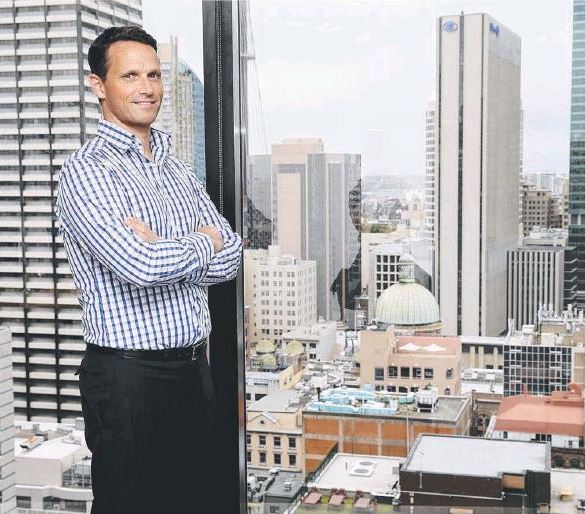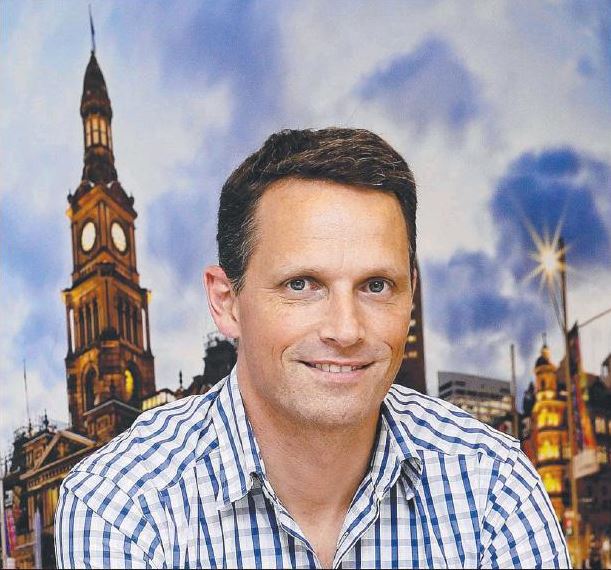“You can get involved in some of the most influential things happening in the city – it’s exciting,” he said.
“We work with a range of technical professions – design, traffic, heritage.”
Mr Blythe started his career at a local council in Melbourne after completing a Bachelor of Applied Science.
“You provide advice to the decision makers – whether that’s development applications, rezoning, planning systems,” he said.
“Planning is very much about balancing interests – conflict is inevitable at times.
“I’ve seen chairs thrown at council meetings so it can be volatile.”
After 10 years at council and one at Victorian State Government, Mr Blythe moved to the private sector with Urbis and went on to help set up their Sydney office.
“I think consulting is more challenging because you’ve got to win work and achieve outcomes, but it’s more rewarding,” he said.
He is often working on 20 to 30 projects at a time, with varying degrees of time and work needed for each of them.
“I’ve got a lot of good staff that help,” he said.
Mr Blythe said there is greater scope these days for town planners as cities become denser and issues like sustainability and disability access have more of a focus.
Getting started
- You usually need a degree in regional, environmental or urban planning at university to be a town planner
- You may also consider other degrees in related fields such as architecture, economics, environmental management or science, geography and sociology


